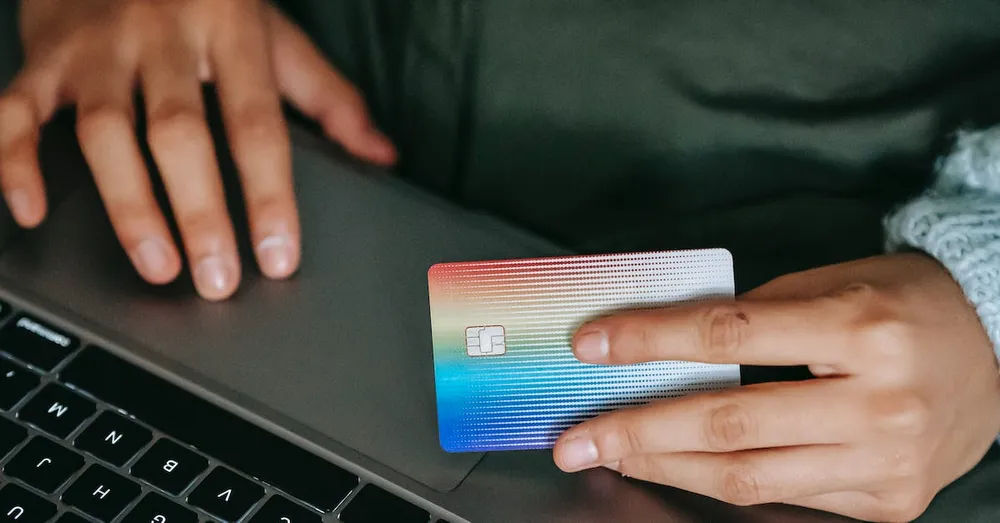
Dear Penny: Is Using 90% of Our Savings to Buy a Home a Huge Mistake?
Purchasing a home is a major financial decision, and it's natural to have concerns about whether you're making the right choice. One of the biggest questions potential homebuyers have is how much of their savings they should use to make a down payment. In this case, the question is whether using 90% of their savings to buy a home is a huge mistake.
First and foremost, it's important to understand that there is no one-size-fits-all answer to this question. The right decision will vary depending on each individual's unique financial situation, as well as their priorities and goals. That being said, there are a few factors to consider when trying to determine whether using 90% of your savings to buy a home is a good idea.
One of the most important things to consider is your emergency savings. Experts generally recommend having three to six months' worth of living expenses saved up in case of an unexpected event, such as losing your job or experiencing a medical emergency. If you're considering using 90% of your savings for a down payment, it's crucial to make sure that you will still have enough money left over to cover your living expenses for at least three months in case something unexpected happens.
Another important factor to consider is your overall financial picture. Are you carrying a lot of debt? Are you saving enough for retirement? Have you adequately prepared for other future financial obligations? It's important to take a holistic approach to your finances and make sure that you're not putting all of your eggs in one basket by using 90% of your savings for a down payment on a house.
It's also important to consider the current market and economy conditions. Is it a buyer's or seller's market? Are interest rates high or low? Knowing the current conditions of the housing market and economy can help you make a better decision about whether it's the right time for you to buy a home.
On the other hand, having a house is considered as an important assets, and is also an investment in itself. If you decide to purchase a home, it's important to take a strategic approach and make sure that you're getting the best value for your money. One of the best ways to do this is by looking for properties that are priced below market value and have the potential for appreciation. This can help you to maximize the return on your investment.
One aspect to keep in mind is that most mortgages are typically amortized over 30 years, which means that it will take 30 years to pay off the loan if you make the minimum payments. Keep in mind that the longer you take to pay off your mortgage, the more interest you will pay over the life of the loan. This means that even if you buy a home that's priced below market value and has the potential for appreciation, you could end up losing money in the long run if you don't pay off the loan quickly.
It's also important to note that owning a home comes with additional expenses such as property taxes, maintenance and repair costs, and homeowners insurance. It's essential to factor these additional expenses into your budget when considering whether to use 90% of your savings for a down payment.
In conclusion, using 90% of your savings to buy a home can be a huge mistake if you're not financially prepared to handle the additional expenses that come with homeownership. However, owning a house can be a sound financial decision if you have enough emergency savings and you're taking a strategic approach to purchasing a home that's priced below market value and has the potential for appreciation.
It's always a good idea to talk to a financial advisor or a housing
In addition to the points mentioned above, it's also important to consider your future plans and goals. Are you planning to start a family in the near future? Are you expecting any significant changes in your income or expenses? These are important factors to consider when deciding whether to use 90% of your savings for a down payment on a home.
For example, if you're planning to start a family in the near future, it might make more sense to hold onto your savings in case you need to make any unexpected expenses. On the other hand, if you're expecting a significant increase in your income, you might be better off buying a home now while you can still afford it.
It's also worth noting that there are alternative options to using a large percentage of your savings for a down payment. For example, you can consider getting a loan from a family member or friend, or look into government-backed loan programs that offer lower down payment options. In addition, if you have a good credit score, you might be able to qualify for a low-down-payment mortgage that allows you to keep more of your savings in case of an emergency.
In summary, using 90% of your savings to buy a home is a big decision that requires careful consideration of your financial situation, the current market conditions, and your future plans and goals. It's important to make sure you have enough emergency savings, and to take a strategic approach to purchasing a home. It's also crucial to be prepared for the additional expenses that come with homeownership. Additionally, it's always a good idea to talk to a financial advisor or a housing expert to get a better understanding of the options available to you and to help make the best decision for your financial situation.
Комментарии
Отправить комментарий